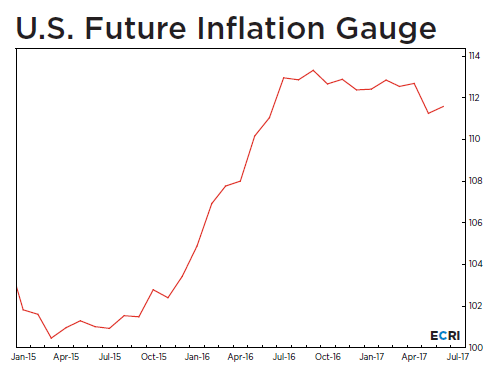I have long believed that the dysfunction in Washington is a reflection of gerrymandering. It doesn't matter whether it favors Republicans or Democrats. What does matter is that it favors extremists over moderates. A "safe" Republican district is more likely to elect a purist than a competitive Republican district, with the same being true for a "safe" Democratic district, of course. Over the last twenty years, our dysfunction has become progressively worse.
Vladimir Putin is not a dumb man. He studied how democracy was making us weaker, not stronger. Democracy is a great idea on paper but difficult to implement. On paper, Russia is a democracy. Putin has no motivation to see America get stronger, only weaker. If something as simple as drawing district lines could weaken us, there must be something he could do to make it worse? Of course, he could interfere with our elections! After all, he is experienced at doing this in his own country, as well as other countries.
I regarded President Trump as just another political buffoon, until that day in 2015 when he savagely trashed American patriot John McCain. After that, I knew he was something worse. When rumors developed that he had colluded with the Russians, I just assumed it was true and lost interest when the independent counsel was appointed to investigate, knowing that investigation would take forever, as the "wheels of justice grind slowly."
Now, Richard Engle, international correspondent for NBC. suggests Putin would be too smart to trust some feckless buffoon as President to weaken America. He wisely figured he could cause more damage to our democracy by manipulating the media, by planting stories about possible collusion, by playing to Trump's enormous ego.
This makes more sense to me than assuming Putin would take a chance on any "deal" with Trump, when he could just play to Trump's vulnerable ego and manipulate our media. That is a better deal for Putin, and he is not a dumb man!
The question is not how to "punish" Trump or Putin. History will take care of that. The question is how to protect our democracy from gerrymandering and from hacking, as well as other threats. Our threatened democracy needs to be both protected and nurtured.
Vladimir Putin is not a dumb man. He studied how democracy was making us weaker, not stronger. Democracy is a great idea on paper but difficult to implement. On paper, Russia is a democracy. Putin has no motivation to see America get stronger, only weaker. If something as simple as drawing district lines could weaken us, there must be something he could do to make it worse? Of course, he could interfere with our elections! After all, he is experienced at doing this in his own country, as well as other countries.
I regarded President Trump as just another political buffoon, until that day in 2015 when he savagely trashed American patriot John McCain. After that, I knew he was something worse. When rumors developed that he had colluded with the Russians, I just assumed it was true and lost interest when the independent counsel was appointed to investigate, knowing that investigation would take forever, as the "wheels of justice grind slowly."
Now, Richard Engle, international correspondent for NBC. suggests Putin would be too smart to trust some feckless buffoon as President to weaken America. He wisely figured he could cause more damage to our democracy by manipulating the media, by planting stories about possible collusion, by playing to Trump's enormous ego.
This makes more sense to me than assuming Putin would take a chance on any "deal" with Trump, when he could just play to Trump's vulnerable ego and manipulate our media. That is a better deal for Putin, and he is not a dumb man!
The question is not how to "punish" Trump or Putin. History will take care of that. The question is how to protect our democracy from gerrymandering and from hacking, as well as other threats. Our threatened democracy needs to be both protected and nurtured.


